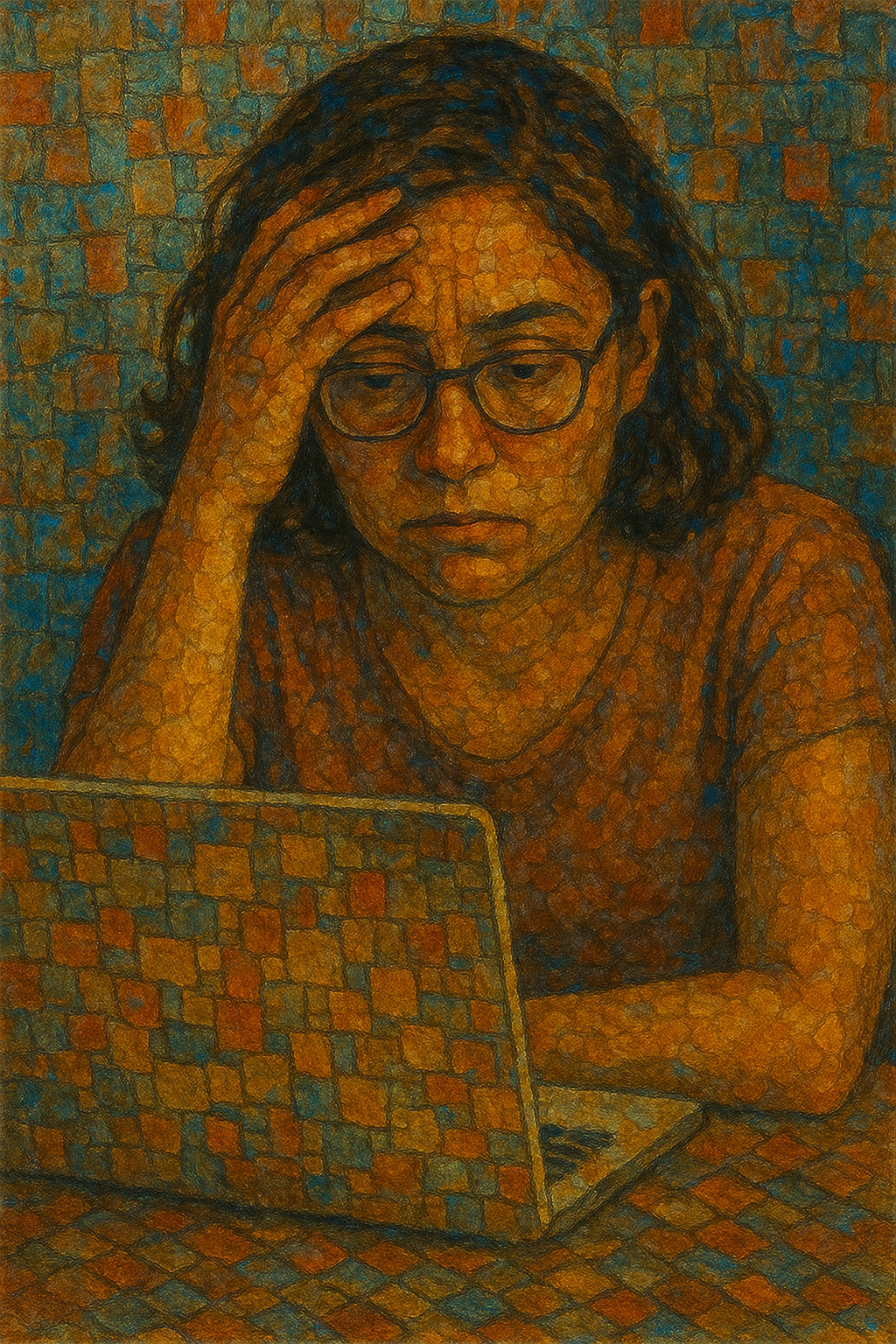The Best Fluffy Pancakes recipe you will fall in love with. Full of tips and tricks to help you make the best pancakes.

I used to think burnout looked like dramatic exits — a sudden breakdown, a hospital visit, or a therapist’s waiting room. Mine didn’t look like that. It looked like showing up. Every day. Until one day, I couldn’t.
It was a slow, quiet unraveling. No single moment of collapse, just a long stretch of feeling… off. Tired, achy, distracted. I blamed my posture, my workload, my hormones. And they were part of it, sure. But they weren’t the full picture.
Perfectionism in the Petri Dish
Most of my workplaces weren’t toxic in the “file a complaint against your senior colleagues for groupism and passive-aggressive politics” kind of way — or were they? Because when I look back, I see how office groupism, subtle politicking, and power games pushed me to the brink. Sometimes, I even wanted to sue a few of them for how calculated and cruel it got.
The Pandemic Pile-On
Just when I thought I’d figured out how to fake wellness, the pandemic came crashing in. Suddenly, everything was worse — the posture, the politics, the perfectionism. Ten hours glued to a computer screen when downstairs my father lay dying, literally breathing his last few breaths. We were working from our beds, doomscrolling between Zoom calls, and grieving quietly while pretending to be “okay.”
I mean of course, it was the pandemic, and I was grateful for the employment.
I took up another job just a few months after losing my father. I pushed through that grief, trying to reclaim control through hard work and purpose. I excelled — and in doing so, I triggered those around me who were unhappy with their own lives. They crucified me with character assassination, gaslighting, and subtle bullying. It was relentless.
In this time, I looked inward and found a tiny ember — the will to live. I clung to it. Grappled with it. And in that struggle, I fell in love. I experienced fulfillment, care, and a kind of quiet love that soothed my jagged edges.
It was also then that I realized I had to insulate myself from workplace bullying. I likely attract it because I come off as “strange.” I don’t say things the way others expect. I state facts with a straight face, often ignoring social decorum — not out of disrespect, but because that’s how I’m wired. Neurodivergence makes me come off as blunt, but it also gives me insight. I had to accept that not everyone would understand me — and that’s okay.
I wore overwork like a badge of honor. It appeared that the culture said, “if you’re not dead inside, you’re not doing enough.” I’d stay back, over-deliver, and double-check things that didn’t need checking. Every email had to be ‘just right.’ Every task, an audition. I was hypervigilant all the time — probably something that fried my nervous system even further.
When you’re praised only when you’re exceptional, being “normal” starts to feel like failure.
And slowly, I started to bend under the pressure. My back hurt from hunching into spreadsheets. My digestion fell apart from stress. My cycles got weird. But still, I pushed.Later, I lost several sort-of-close friends over political disagreements during this time. It wasn’t just a clash of opinions; it was the grief of realizing we’d become different people in different worlds. That’s the thing about burnout — it isolates you. And when you’re already burnt out, that isolation hurts twice as much.
It also gives you the attitude of making changes, enforcing boundaries more strongly.
Hashimoto’s, Hyper-Connection & The Health Spiral
In the middle of all this, I was diagnosed with Hashimoto’s — an autoimmune thyroid condition. It explained a lot: the chronic fatigue, the crashes, the brain fog. But it also added to my fear. Because now I wasn’t just tired. I was sick.
The hyper-connected world didn’t help. Every scroll reminded me of someone fitter, happier, richer. Everyone else seemed to be launching startups, healing their gut, or waking up at 5 AM to journal. Meanwhile, I was waking up groggy, bloated, and unable to sit up straight.
At one point, I reached this stage where I couldn’t get up from my bed — for days, then weeks. I survived on dal and rice that I prepared myself, because I had little money after I stopped showing up to a job that had shown no signs of letting me go, despite a three-month notice and a confrontation. I was physically, mentally, emotionally exhausted.
But I was also alone, so I made meals when I could, ate when I could. I lost weight. Eventually, I downscaled to a more affordable apartment in a friendlier, less elite but more connected and joyful neighborhood. Life has been better since.
I still hustle. I still crash. But it’s more manageable now. Swimming lessons are about to begin. And I’ve learned to be gentler with myself when the loser-loop shows up on bad days, whispering that I haven’t achieved enough — or that I’ll never be good enough.
Not All Healing Looks Like Yoga
I’ve never unrolled a yoga mat at sunrise. I don’t meditate in Himalayan silence. But I did listen to three different podcasts on burnout. I did highlight productivity books like they were sacred texts. And I did feel triumphant when I checked just one thing — one — off my to-do list.
But now, I see how clinging to that checklist was just another performance — a quieter, internal version of the hustle. That impulse came from a toxic culture I unknowingly internalized. So I’ve been unlearning. Slowing down. Letting some things remain… unchecked. Letting chill stuff in.
This too, is healing. This too, is effort.
Because sometimes, what saves us isn’t a grand routine. It’s a habit. A book. A phrase that hits home. Or a small checkbox marked ‘done.’

And while a lot of wellness content relies on ‘trust-me-bro’ vibes, I’ve learned to seek out information that is rooted in evidence, guided by practitioners, and vetted through lived experiences — especially for chronic conditions like Hashimoto’s. The internet is noisy, but the right voices — qualified, compassionate, contextual — can feel like a lifeline.
Building Something From the Rubble
Burnout forced me to reflect. And in that reflection, I found choice.
I scaled back work. I stopped performing for people who wouldn’t clap anyway. I gave my body more food, more rest, more gentleness.
And I started building. Slowly. A new rhythm. A new boundary. A new project — not for profit, but for purpose. That’s how my business was born.
I also started finding community. Not always offline, but often enough to remind me that I’m not alone. People who’ve been through the same fires. People who want more softness, not more hustle.
I do still enjoy the hustle but not in an ADHD madness rush kind of way, which I have been guilty of — but I also try and balance it with the softness of life.
I am still a hustler because I love it. However, I have found a kind of balance babysitting and partially raising the 3-year-old kid next door, listening to my mom, and her stories that are sometimes healing, sometimes draining, and always deeply human.
Final Thoughts
You don’t have to burn your life down to begin again. Sometimes, the embers are enough.
Burnout doesn’t mean you’re broken. It means the system broke your spirit. And now, you’re figuring out how to rise without running.
Maybe you’re not lazy. Maybe you’re just fried.
And maybe, one small checkbox at a time, you’re finding your way back.




